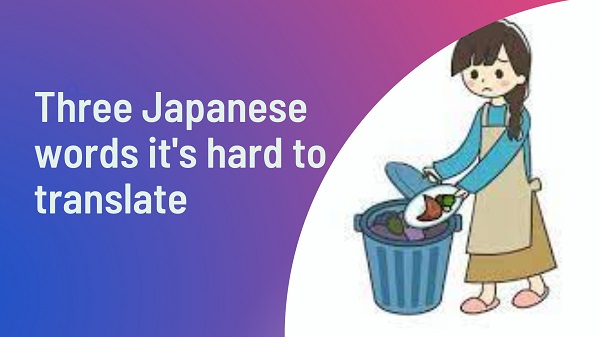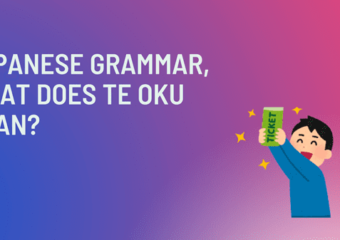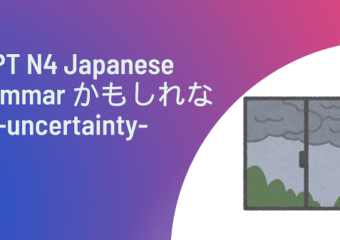When I teach Japanese, I realize that it’s hard for me to translate into Japanese or English.
I’d like to introduce three words to you.
I’m sorry
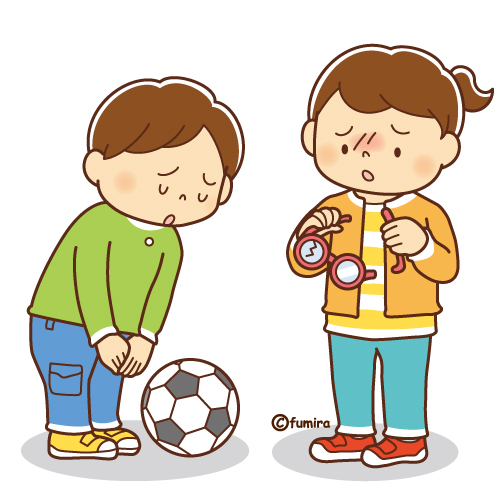
If you’re learning Japanese, you may translate “I’m sorry” to “ごめんなさい”.
However, “I’m sorry” and “ごめんなさい” are not always the same word.
When I talk about a bad experience, some students say to me ごめんなさい.
They literally translate “I’m sorry”, but ごめんさい is all about apologizing.
We don’t say ごめんなさい for bad situations.
がんばって(ganbatte)
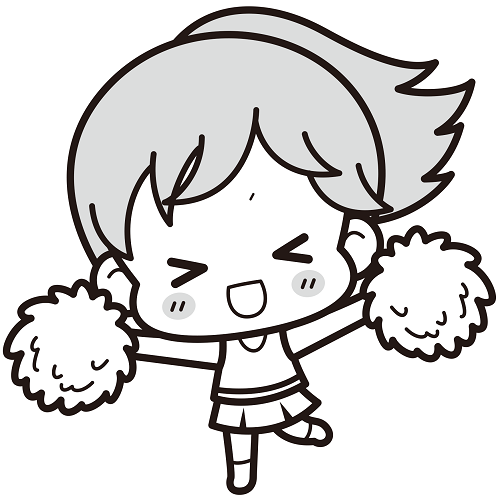
がんばる means “To keep trying and endure even in the face of difficulties.”
がんばって is a request form of がんばる.
(ex)
A. あした テストが あるんだ。 I have an exam tomorrow.
B. がんばって!
Some people translate がんばって to “Good luck”.
In my opinion, がんばって is more like “Do your best” or I hope you will do well.”
Good luck is “good” + “luck”, so it’s like a coincident.
However, がんばって is all about his/her effort.
もったいない(mottainai)
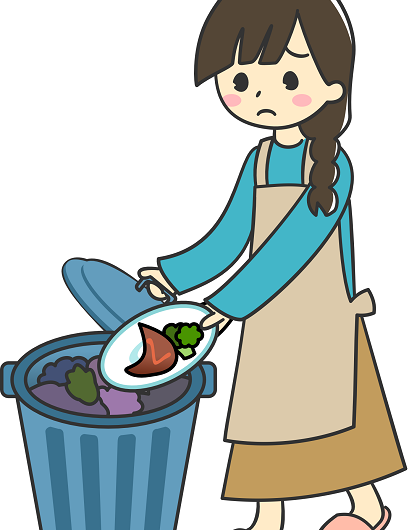
Some people translate もったいない to “waste”, but I don’t agree with it.
When we are not fully utilizing the value of things, we would say もったいない.
It sounds like “waste”, but in my opinion, もったいない is more like a feeling word.
Like, I respect food, so I’m sorry for food.
Interestingly, if your friend has a very good boyfriend or girlfriend, you might say “あなたにはもったいない” as a joke.
It means he or she is too good for you.
*I don’t recommend you say it.
When you learn languages, it’s important to understand the word’s nuance.
When I teach Japanese, I’ll teach you situations when we use the words.
If you’re interested in learning Japanese, please feel free to contact me.
↓You can also learn Japanese on my Instagram.
